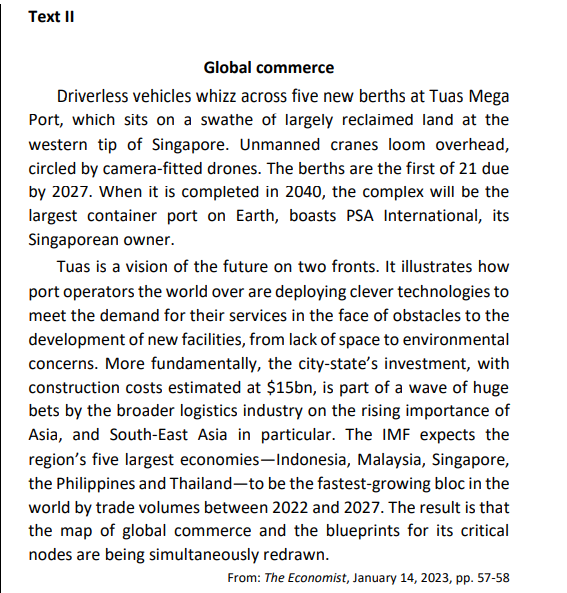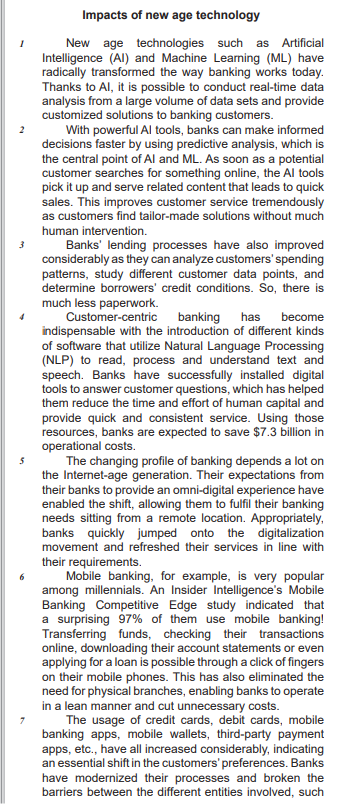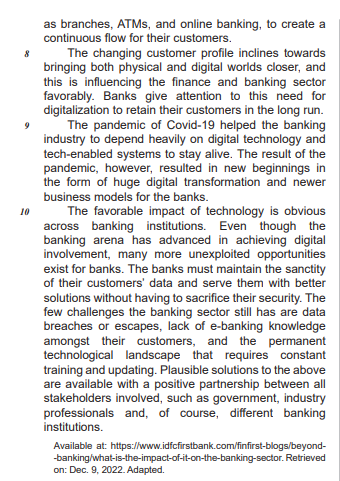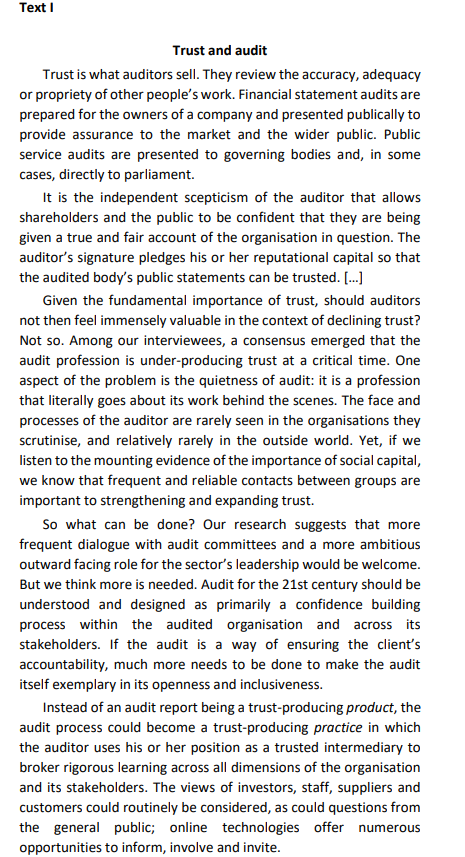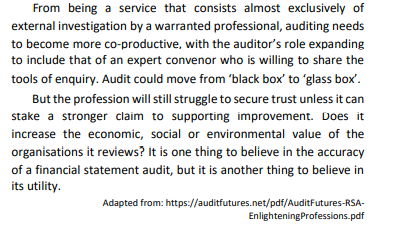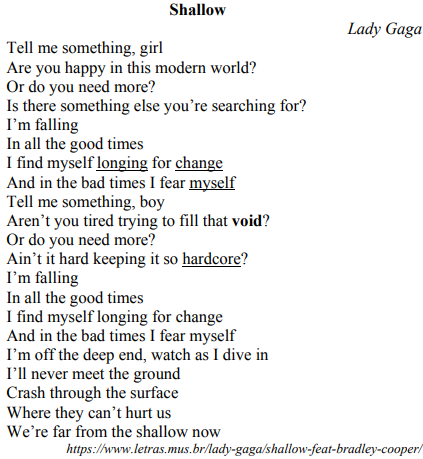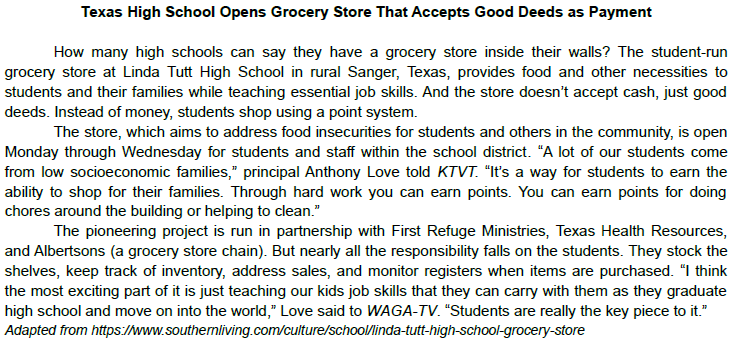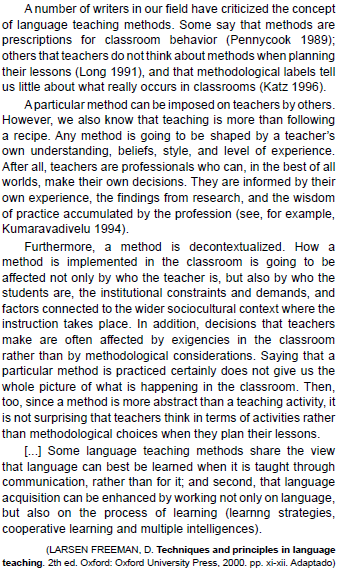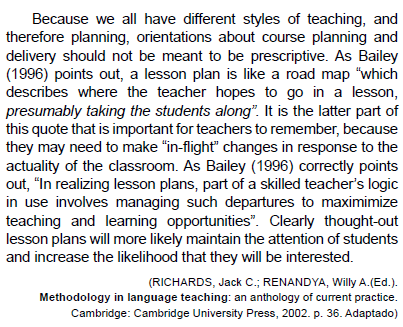The underlined expression in “regardless of who those people are” (4th paragraph) can be replaced without change in meaning by
The word “swathe” (1st paragraph) can also be used elsewhere in the relation to
In the fragment in the seventh paragraph of the text, “have all increased considerably, indicating an essential shiftin the customers’ preferences” the word in bold can be replaced, without any change in meaning, by:
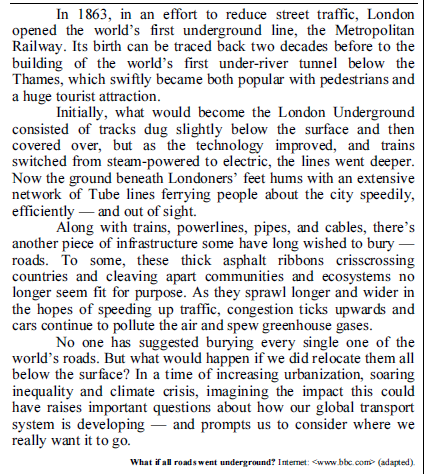
Based on the previous text, judge the following item.
The adverbs “swiftly” and “speedily” (first and second paragraphs, respectively) both mean quickly.
How facial recognition technology aids police

Police officers’ ability to recognize and locate individuals with a history of committing crime is vital to their work. In fact, it is so important that officers believe possessing it is fundamental to the craft of effective street policing, crime prevention and investigation. However, with the total police workforce falling by almost 20 percent since 2010 and recorded crime rising, police forces are turning to new technological solutions to help enhance their capability and capacity to monitor and track individuals about whom they have concerns.
One such technology is Automated Facial Recognition (known as AFR). This works by analyzing key facial features, generating a mathematical representation of them, and then comparing them against known faces in a database, to determine possible matches. While a number of UK and international police forces have been enthusiastically exploring the potential of AFR, some groups have spoken about its legal and ethical status. They are concerned that the technology significantly extends the reach and depth of surveillance by the state.
Until now, however, there has been no robust evidence about what AFR systems can and cannot deliver for policing. Although AFR has become increasingly familiar to the public through its use at airports to help manage passport checks, the environment in such settings is quite controlled. Applying similar procedures to street policing is far more complex. Individuals on the street will be moving and may not look directly towards the camera. Levels of lighting change, too, and the system will have to cope with the vagaries of the British weather.
[…]
As with all innovative policing technologies there are important legal and ethical concerns and issues that still need to be considered. But in order for these to be meaningfully debated and assessed by citizens, regulators and law-makers, we need a detailed understanding of precisely what the technology can realistically accomplish. Sound evidence, rather than references to science fiction technology --- as seen in films such as Minority Report --- is essential.
With this in mind, one of our conclusions is that in terms of describing how AFR is being applied in policing currently, it is more accurate to think of it as “assisted facial recognition,” as opposed to a fully automated system. Unlike border control functions -- where the facial recognition is more of an automated system -- when supporting street policing, the algorithm is not deciding whether there is a match between a person and what is stored in the database. Rather, the system makes suggestions to a police operator about possible similarities. It is then down to the operator to confirm or refute them.
By Bethan Davies, Andrew Dawson, Martin Innes (Source: https://gcn.com/articles/2018/11/30/facial-recognitionpolicing.aspx, accessed May 30th, 2020)
The word that may replace “In fact” in “In fact, it is so important”, without change in meaning, is
In the sentence fragment of the fifth paragraph “Designing robots for sports requires much more than experts in state-of-the-art technology”, the words in bold can be replaced, without any change in meaning, by the following words:
In the sentence “And the store doesn’t accept cash, just good deeds.” (paragraph 1), the word deeds means
The discourse markers Furthermore and In addition, which introduce new sentences in the third paragraph, can be correctly replaced by
The Last Kingdom
The Last Kingdom is a contemporary story of redemption, vengeance and self-discovery set against the birth of England. The series combines real historical figures and events with fiction, retelling the history of King Alfred the Great and his desire to unite the many separate kingdoms into what would become England.
Set in the 9th century AD, many of the separate kingdoms of what we now know as England have fallen to the invading Vikings, only the great Kingdom of Wessex stands defiant under its visionary King Alfred the Great. It is the last kingdom. Against this turbulent backdrop lives Uhtred. Born the son of a Saxon nobleman, he is orphaned by the Vikings and then kidnapped and raised as one of their own. Forced to choose between the country of his birth and the people of his upbringing, his loyalties are ever tested. What is he — Saxon or Viking? On a quest to claim his
birthright, Uhtred must tread a dangerous path between both sides if he is to play his part in the birth of a new nation and, ultimately, recapture his ancestral lands.
The Last Kingdom is a show of heroic deeds and epic battles but with a thematic depth that embraces politics, religion, warfare, courage, love, loyalty and our universal search for identity. Combining real historical figures and events with fictional characters, it is the story of how a people combined their strength under one of the most iconic kings of history in order to reclaim their land for themselves and build a place they call home.
Adapted from https://www.bbcamerica.com/shows/the-last-kingdom/about
Mark the alternative that LACKS the correct synonym for the underlined word.
Memories
Maroon 5
Chorus:
Here’s to the ones that we got
Cheers to the wish you were here, but you’re not
‘Cause the drinks bring back all the memories
Of everything we’ve been through
Toast to the ones here today
Toast to the ones that we lost on the way
‘Cause the drinks bring back all the memories
And the memories bring back, memories bring back you
There’s a time that I remember, when I did not know no pain
When I believed in forever, and everything would stay the same
Now my heart feel like December when somebody say your name
‘Cause I can’t reach out to call you, but I know I will one day, yeah
Everybody hurts sometimes
Everybody hurts someday,
But everything gon’ be alright
Go and raise a glass and say,
Chorus
There’s a time that I remember when I never felt so lost
When I felt all of the hatred was too powerful to stop (ooh, yeah)
Now my heart feel like an ember and it’s lighting up the dark
I’ll carry these torches for ya that you know I’ll never drop, yeah
Everybody hurts sometimes
Everybody hurts someday,
But everything gon’ be alright
Go and raise a glass and say,
Chorus
www.lyricfind.com
Choose the alternative that contains a word from the song meaning “a piece of wood or coal, etc. that continues to burn after a fire has no more flames”.
No trecho “It is the latter part of this quote that is important for teachers to remember”, the underlined word can be correctly replaced by
Based on the text above, judge the following item.
The expression to be entrusted with, as used in the sentence “Police are often also entrusted with various licensing and regulatory activities” (first paragraph), means to be affected by.
In paragraph 7, the word However in the fragment “In the humanoid league, the players are human-like robots with human-like senses. However, they are rather slow” can be replaced, without change in meaning, by

